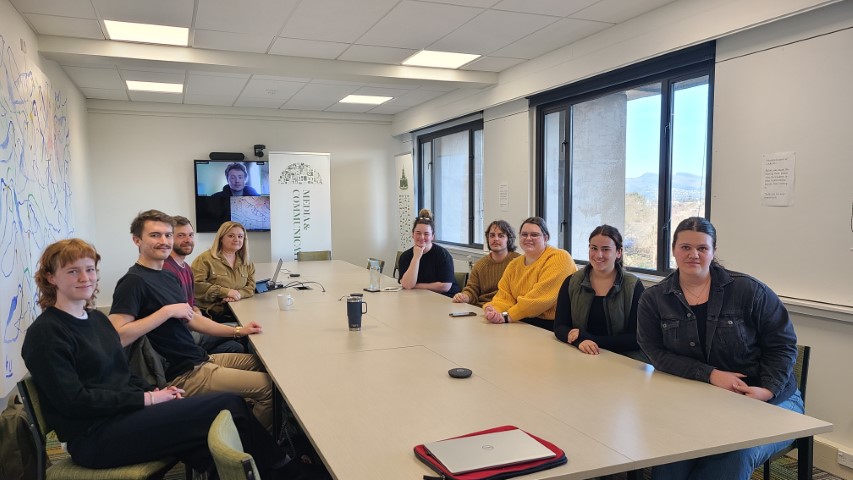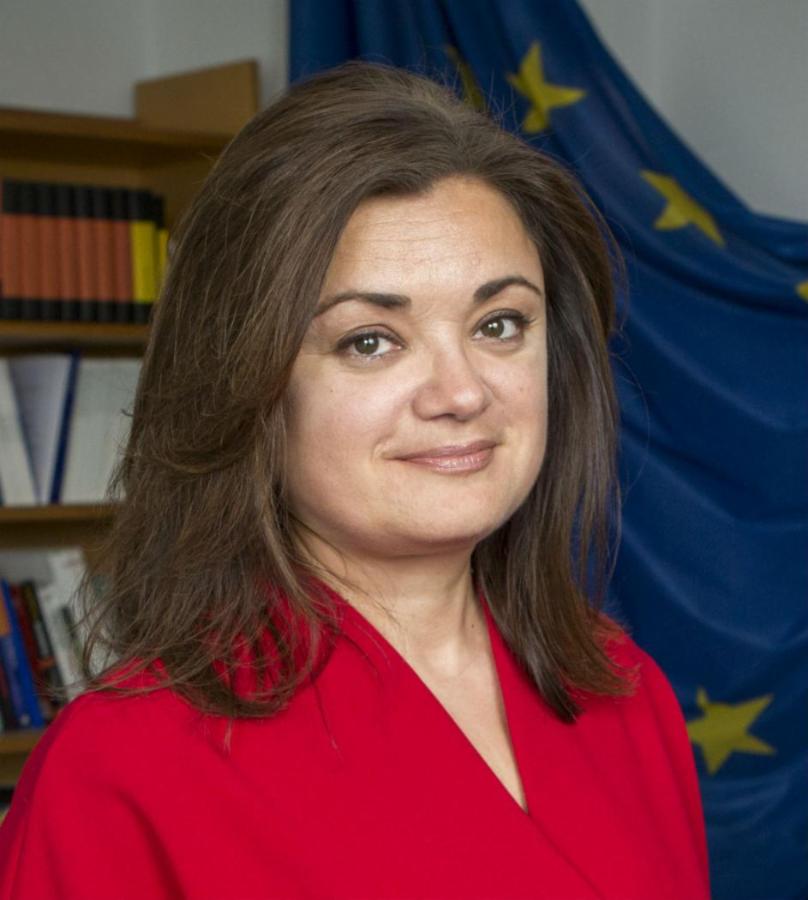With the growth of soft power and new media and information technologies, public diplomacy is of growing importance in international relations.
PD-PCF defines public diplomacy as efforts by state and non-state actors to influence opinion of the general public and key stakeholders in other countries. PD-PCF engages with study of public diplomacy tools and variants to improve international image and promote foreign policies.
In focus are monologue, dialogue and collaboration modes of public diplomacy. PD-PCF also explores how political actors involved in international relations and foreign policy use the media to formulate and project soft and hard power messages, and how stakeholder and public opinion of domestic and international standing can be effected by media (traditional and new).


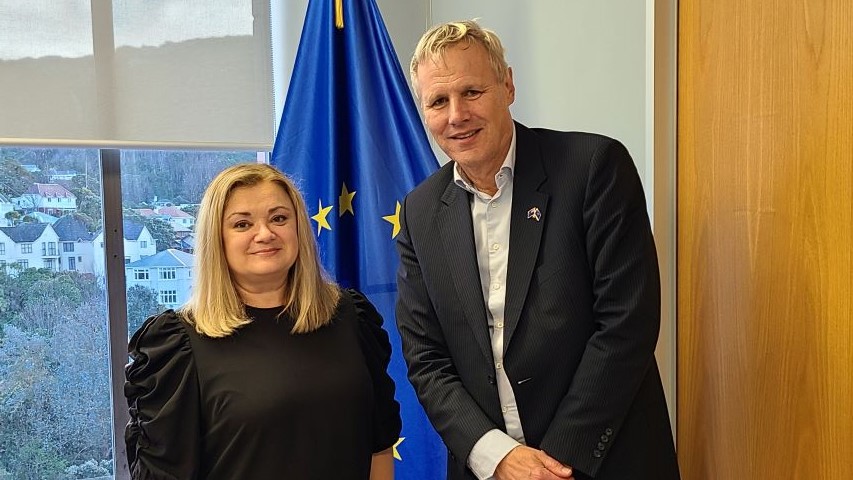
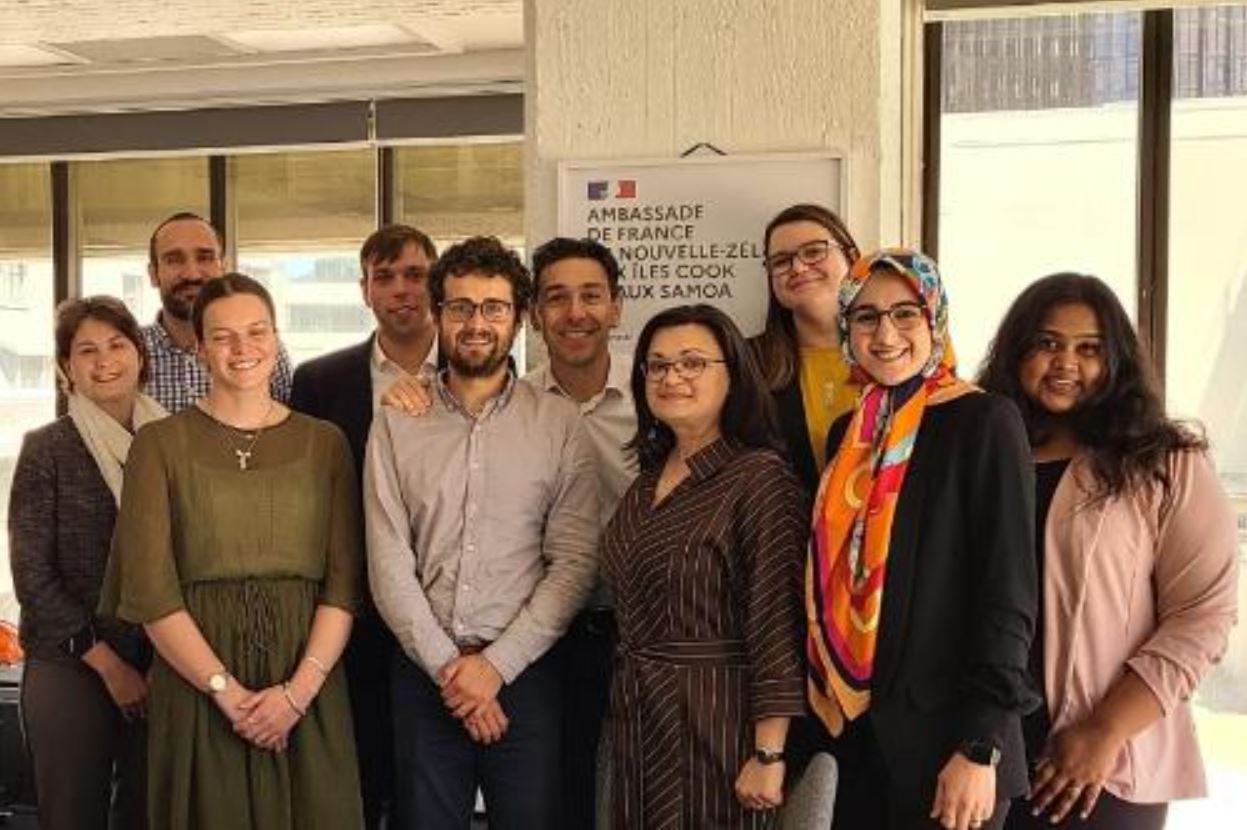
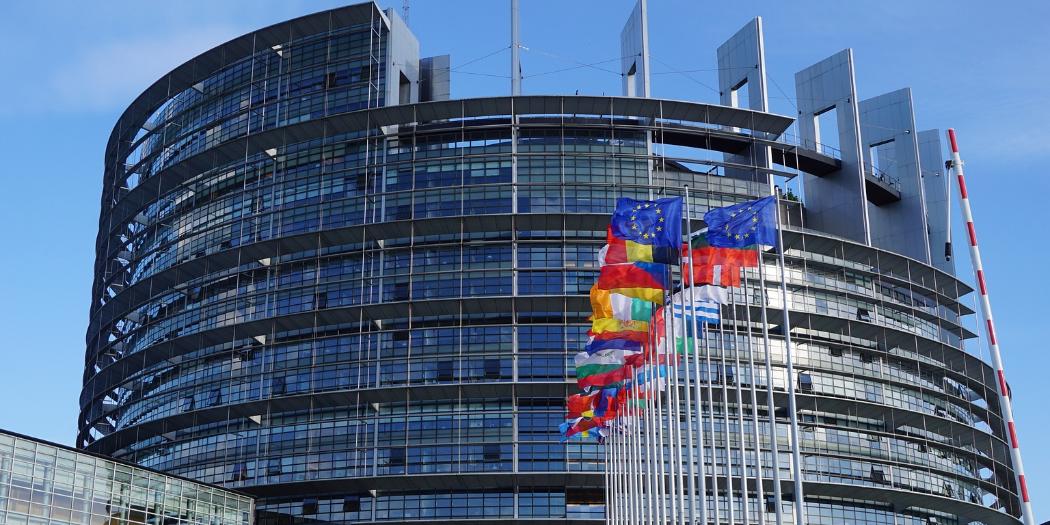
-uc.jpg)
